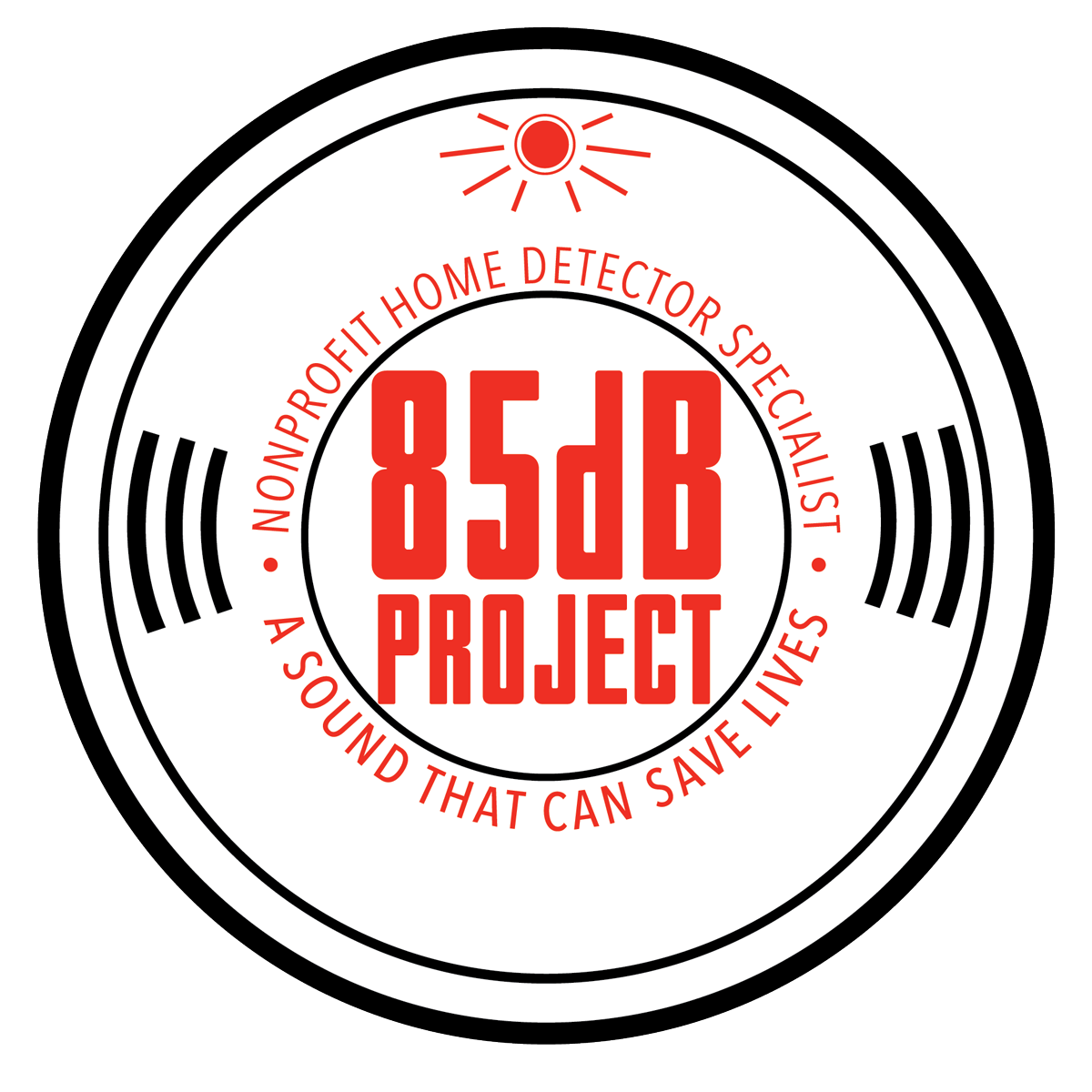Gas leaks pose a serious threat to the safety of your home and its occupants. While natural gas is a convenient and widely used energy source, it’s crucial to be aware of the potential dangers associated with gas leaks. In this article, we’ll explore the risks, detection methods, and preventive measures to ensure your home remains a safe environment.
The Risks of Gas Leaks:
1. Health Risks: Gas leaks, particularly those involving natural gas, can lead to health issues. Inhaling gas fumes may cause symptoms such as headaches, dizziness, nausea, and, in extreme cases, unconsciousness.
2. Fire and Explosion Hazards: Natural gas is highly flammable, and even a small spark can lead to a fire or explosion. Understanding the potential risks is crucial for preventing catastrophic incidents in your home.
Gas Leak Detection Methods:
1. Gas Detectors: Investing in a gas detector is one of the most effective ways to detect gas leaks promptly. These detectors are designed to sense the presence of gas in the air and emit an alarm when gas levels become hazardous.
2. Recognizing Signs and Symptoms: Be vigilant for signs of a gas leak, including a distinct odor similar to rotten eggs. Natural gas suppliers add this odorant to help people detect gas leaks. Additionally, watch for dead plants or vegetation near gas lines, which may indicate a leak.
3. Regular Inspections: Conduct regular visual inspections of gas lines and appliances. Look for any visible damage, such as rust or corrosion, and ensure that connections are secure. If you notice any issues, contact a professional for inspection and repairs.
Preventive Measures:
1. Install Gas Detectors: Place gas detectors in key areas of your home, especially near gas appliances and in areas where leaks are more likely to occur, such as basements.
2. Schedule Professional Inspections: Arrange for a qualified professional to inspect your gas lines and appliances regularly. They can identify potential issues before they become serious problems.
3. Proper Ventilation: Ensure that your home is well-ventilated, especially in areas with gas appliances. Proper ventilation helps disperse any leaked gas and reduces the risk of accumulation.
4. Avoid DIY Repairs: If you suspect a gas leak, avoid attempting to fix the issue yourself. Instead, immediately evacuate the premises and contact your gas provider or emergency services.
Conclusion:
Gas leaks are a serious concern, but with proactive measures and awareness, you can significantly reduce the risks. Investing in gas detectors, staying alert to warning signs, and scheduling regular professional inspections are essential steps toward ensuring the safety of your home and loved ones. By taking these precautions, you empower yourself to enjoy the benefits of natural gas while minimizing the potential dangers it may pose.


